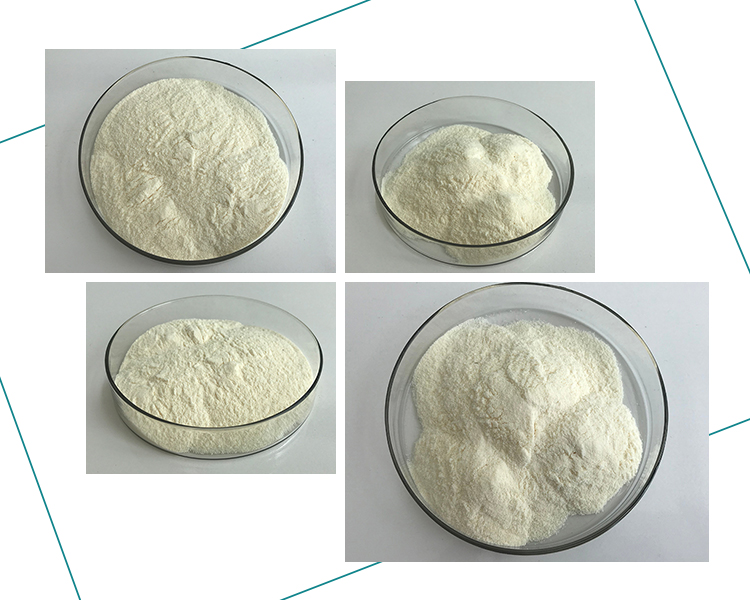Arachidonic acid (AA) is a polyunsaturated fatty acid that plays a crucial role in the inflammatory response and the production of eicosanoids, which include prostaglandins, thromboxanes, and leukotrienes. Treatment approaches involving arachidonic acid typically focus on managing its effects in various medical conditions, particularly inflammatory disorders.
Here are some common treatment strategies:
- Nonsteroidal Anti-Inflammatory Drugs (NSAIDs): These medications, like ibuprofen and aspirin, inhibit cyclooxygenase (COX) enzymes, reducing the conversion of arachidonic acid to prostaglandins, thereby decreasing inflammation and pain.
- Corticosteroids: These drugs reduce inflammation by inhibiting multiple inflammatory pathways, including the production of arachidonic acid and its metabolites.

- Omega-3 Fatty Acids: Supplementing with omega-3 fatty acids (found in fish oil) can help balance the effects of arachidonic acid by promoting the production of anti-inflammatory eicosanoids.
- Enzyme Inhibitors: Research is ongoing into specific inhibitors of lipoxygenase (LOX) and other enzymes involved in the metabolism of arachidonic acid.
- Lifestyle Modifications: Diet, exercise, and stress management can also influence inflammatory responses and the metabolism of arachidonic acid.
If you have a specific condition in mind or need more detailed information, feel free to ask!
Arachidonic Acid Brain Development
Arachidonic acid (AA) is an important polyunsaturated fatty acid that plays a crucial role in brain development and function. It is a key component of cell membranes, particularly in the brain, where it contributes to the structure and fluidity of neuronal membranes. Here are some ways in which arachidonic acid is involved in brain development:
- Neurogenesis: Arachidonic acid is involved in the proliferation and differentiation of neural stem cells, which are essential for generating new neurons during brain development.
- Synaptic Plasticity: Arachidonic acid and its metabolites are important for synaptic plasticity, which is the ability of synapses to strengthen or weaken over time. This process is fundamental for learning and memory.
- Neurotransmission: Arachidonic acid is a precursor to various signaling molecules, including eicosanoids, which modulate neurotransmission and have roles in inflammatory responses within the brain.

- Myelination: Arachidonic acid may play a role in the myelination of axons, which is crucial for efficient signal transmission in the nervous system.
- Brain Growth: Adequate levels of arachidonic acid during critical periods of development are associated with proper brain growth and cognitive function.
Dietary sources of arachidonic acid include animal products, particularly meat and eggs. It’s also synthesized in the body from linoleic acid, an essential fatty acid. Adequate intake during pregnancy and early childhood is considered important for optimal brain development.
